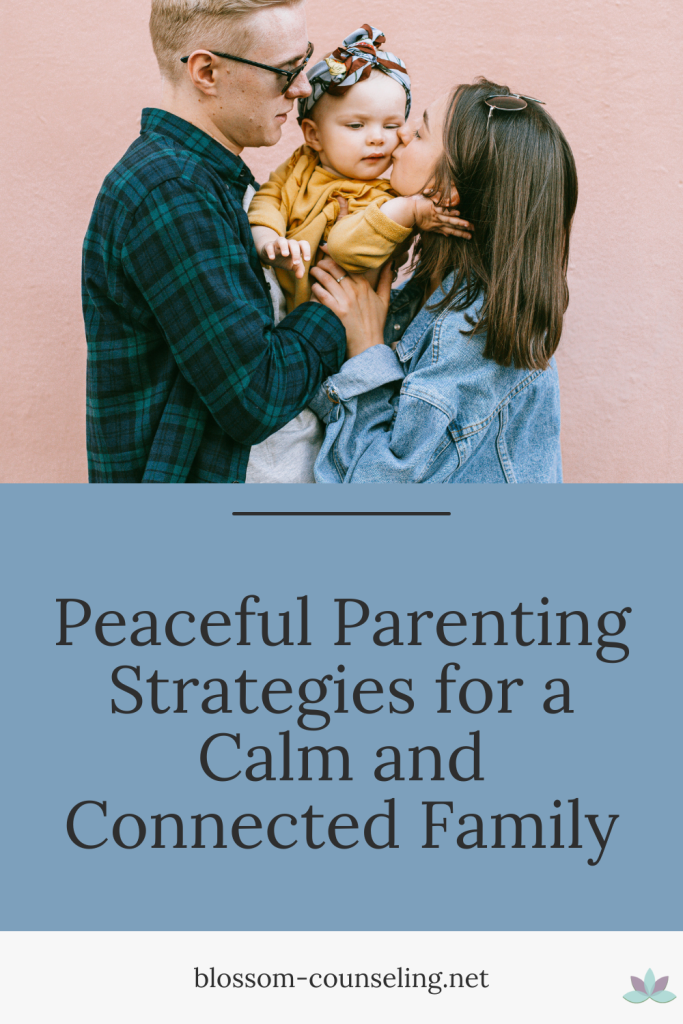
The silent struggle.
The club that no one wants to join.
One that feels isolating and lonely despite the fact that everyone will experience it at some point in time.
Grief… it’s such a heavy word.
And its process is so individualized that it’s understandable how those feelings of isolation and loneliness can arise. Everyone grieves differently and for different reasons. Although we may use grief and bereavement interchangeably, grief is can be something different than a loss we experience through death. We can – and do – grieve many situations:
- A breakup with a friend or partner
- Moving to a new home or area
- Leaving a job or retiring
- A person who is still alive but is now wholly absent from our life
- Divorce
- Not achieving your goal or dream
- Infertility
- Health
Everyone grieves differently and for different reasons. (Yes, it’s worth repeating.)
Grief is complex. It’s layered. There is no one-size-fits-all to its process. Some grief takes years. Some grief takes months. Some takes only a moment. It’s not a linear process, and often appears in a cyclical manner – sadness, anger, regret, guilt, shame, uneasiness, the list could go on – and you’ll likely visit these emotions more than once.
Walking through grief can feel like navigating an unmarked path, one riddled with the unknown and the uncomfortable. There is no right or wrong way to navigate this journey; these suggestions may help you find your way.
Accept
Defense mechanisms are little ways your brain tries to protect you when things are too overwhelming. They’re usually the first reaction to grief, and you may be familiar with the most common initial reaction – denial. Denial gets a bad rap, but it’s an acceptable first responder on your journey. Looking at our list above, many situations that elicit grief will require you to push through initially – and that’s okay.
Accept this part of your journey when denial comes up for you. Acknowledge it. Do what you need to do.
Slowly, this denial will fade away, and your grief will be felt. This is the cycle that most of us get stuck in for awhile. Allow yourself to loop through as many times as you need. No one will fault you for staying on this path.
Recognize
Part of navigating this path is recognition that you need to grieve. Pushing past the initial feelings of denial (when you’re ready to do so) guides you to acknowledge your loss and identify your needs in the grieving process.
Make space and time for grieving. Although it’s tempting to throw yourself into distractions, this leaves little time to do the grief work you must do for yourself. If your responsibilities aren’t allowing much time to sit in your grief, set aside 15 minutes a day to yourself and your grief.
The stress of working through grief often leads to some personal neglect. Make time to take care of yourself, too. Try to sleep. Eat as healthily as you can. Forgive yourself for taking breaks from responsibilities and life itself.
Feel
Remember that grief is not a linear process, and it has no expiration date. Whether your grief takes one day, five months, or seventeen years, whenever you begin to address your grief is when your process starts. The hurt you feel doesn’t have to make sense to anyone but you.
You deserve to allow yourself to feel all of your emotions. This will push most of us out of our comfort zone, but is a necessary step as you work through your grief. Grief is complicated, and this part of the journey in particular may require some professional assistance.
There is no shame or weakness in feeling sad, angry, bitter, resentful, regretful. Revisit your feelings as needed so you can process them and begin to let them go.
Move Through
There is no way to move through grief without fully feeling it. Feeling the whole loss gives you freedom.
Freedom to move onward in your journey.
Remember that healing is a process and cannot be rushed. Be patient. Accept setbacks and acknowledge them as indicators that you need more time to grieve. Be good to yourself in the process.
You are not alone, nor will you ever be.
Our team of compassionate therapists is here to help you find the support you need. We believe in a holistic approach, treating your mind, body, and spirit. With a blend of traditional and alternative therapies, we tailor your experience to meet your unique needs. At Blossom, we create a non-judgmental space where you can be your authentic self. Our goal is to empower you, amplify your strengths, and help you create lasting change. Together, we’ll navigate life’s challenges and help you bloom, grow, blossom! You deserve to become the best version of you.




